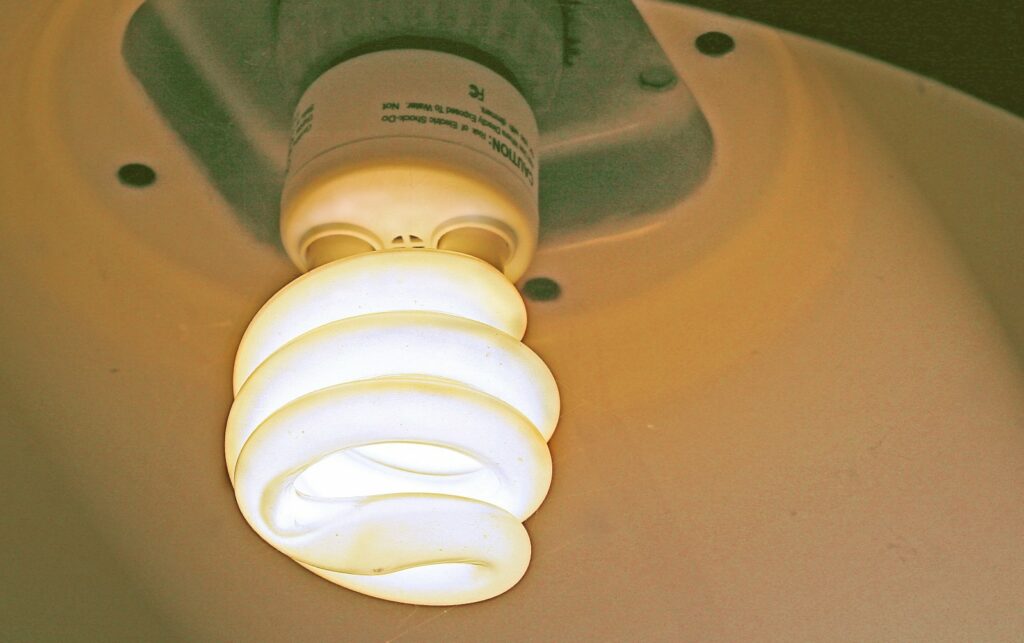Supplier confidence in the energy efficiency sector has dropped to its lowest point in five years according to the latest report on trends in the market.
The EEVS & Bloomberg survey found that a combination of supplier order books, staffing levels, sales prices and government action had seen confidence fall to -38 points in its market monitor for Q2 2016.
This follows a decline of 21 points in the previous quarter to -4 and is the lowest dip since the trends survey began in 2012.
As well a overall declines in confidence and UK orders – down for the sixth consecutive quarter – the survey also showed faith in government management of energy efficiency policy had also fallen, with more respondents deeming policy to be “ineffective”.
In addition to the 34 suppliers, responses from consumers showed a series of changes in the market, including the one of the biggest drops in high energy efficiency lighting deployment to date.
It fell from a rolling four-quarter average of 70% down to 59% while both Building Energy Management Systems (BEMS) and smart metering have both seen a material increase in uptake.
This shift in technologies is also thought to have been reflected in median project costs, which rose from £47,000 last quarter to around £145,000.
Overall industry confidence has also been hit by the UK’s decision to leave the EU. According to a Bloomberg EEVS survey conducted before the vote, both consumers and suppliers in the energy efficiency sector favoured a remain vote in the upcoming EU referendum.
The vote to leave has been reflected on the supply side the most, with 56% of supplier respondents claiming the outcome will impact their business, most notably on consumer demand.
Ian Jeffries, director at EEVS, said: “The fall in supplier confidence can be directly linked to lacklustre order book growth, but it is likely to have been exacerbated by the Brexit uncertainty.”
Richard Singleton, managing director, corporate at Bellrock added: “Without doubt the Brexit decision has created uncertainty whether or not organisations have international reach.
“The universal response is to be cautious and focus on business as usual. Reducing energy bills and creating more certainty for operating costs is a positive response for helping to stabilise for a positive future.”
This view is reflected by the outcome of this latest survey, with over half (55%) of consumer respondents expecting energy costs to increase. In addition, around a third (32%) also believed the cost of energy efficiency measures would also rise.





